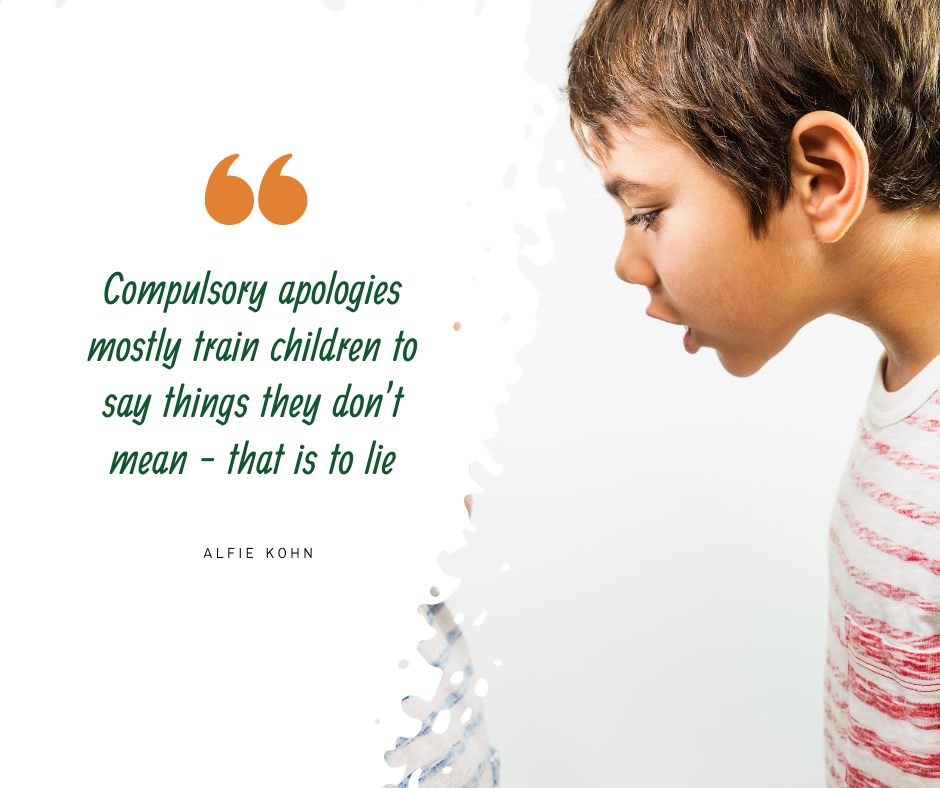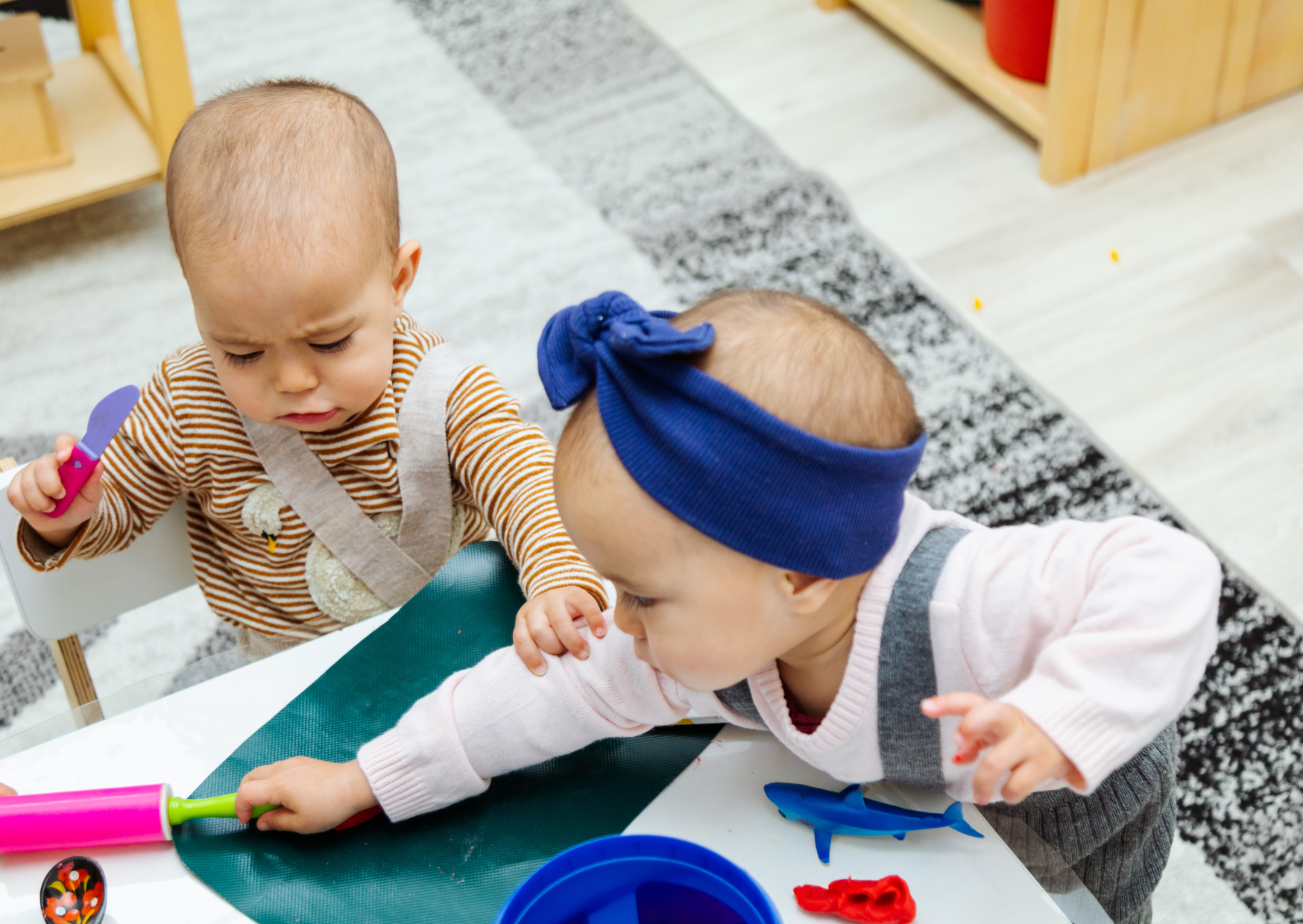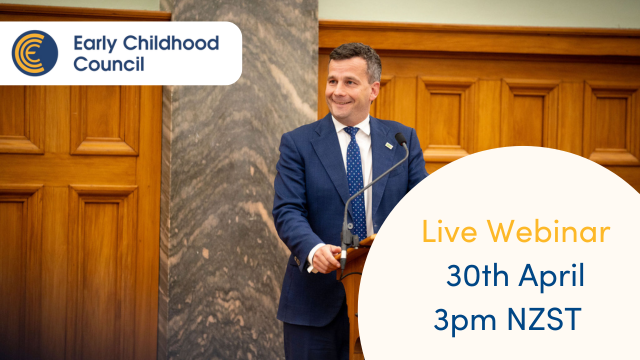We've all been there...

Do children have the cognitive understanding to say sorry?
Of course they do, but as they mature, children learn the meaning and sincerity behind saying sorry, depending on their emotional and cognitive development stage.
For example, a toddler will acquire empathy through imitation; they'll start to say sorry without even realising what it means. Preschool age children begin to understand the morality and social norms and often their apologies are accompanied by social pressures to 'say sorry'. Whereas, school-age children are able to apologise with genuine sincerity because they possess a stronger awareness of emotions, empathy, and moral reasoning.

Genuine apologies are voluntary and come from a child’s own recognition of their mistake and understanding of its impact on another person. This often involves a level of empathy and emotional development. When a child reaches a stage where they offer a genuine apology, it can be a sign of their emotional and social development. It shows they are learning to take responsibility for their actions and understand the importance of repairing relationships.



Jessica Thomson
Jess is an experienced early childhood leader and educator with a passion for inspiring teachers and supporting professional growth. A proud mum of three, she blends real-life experience with a deep understanding of early learning, leadership, and curriculum design.
Share your thoughts...






